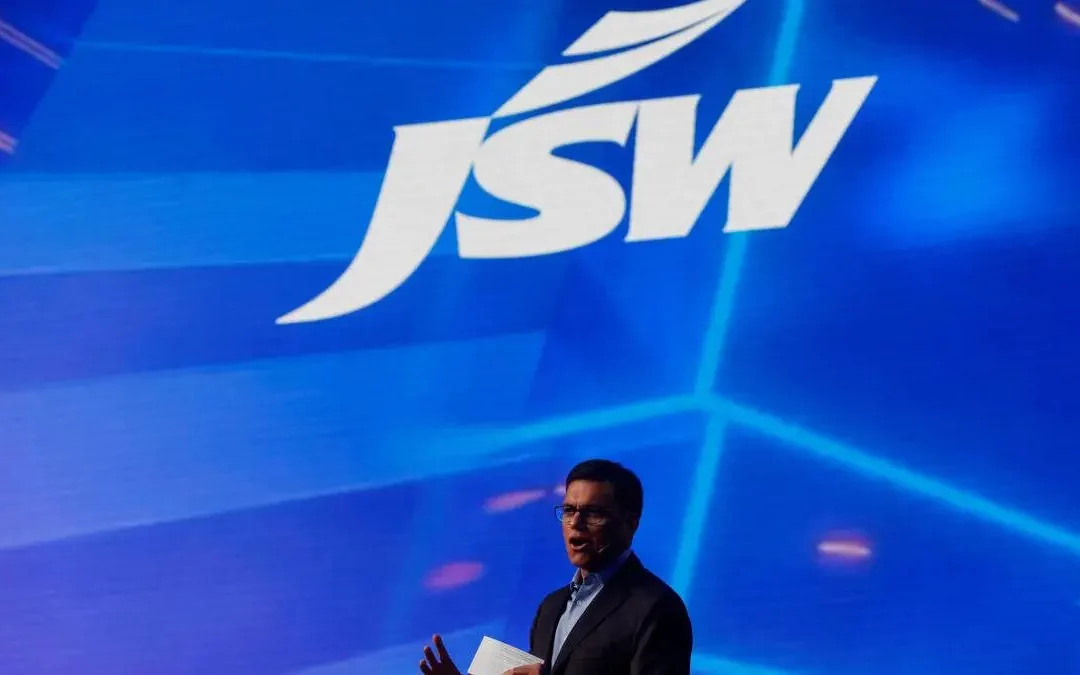The Supreme Court of India’s ruling in the JSW Steel-Bhushan Steel transaction has been of “:=” significant significance to company law, namely from the perspective of insolvency laws and mergers and acquisitions. The case, grounded on Bhushan Steel’s insolvency under the Insolvency and Bankruptcy Code (IBC), has set an important precedent in how India is going to handle stressed assets in the future with an emphasis on fairness, transparency, and corporate governance.
Bhushan Steel, a steel giant, had defaulted on loans, triggering the insolvency process when it failed to repay loans. JSW Steel was the winning bidder in the follow-up auction, and the takeover was approved by the National Company Law Tribunal (NCLT). Certain of the creditors had objected to the takeover because the process was not transparent and their interests were not adequately protected. The case went up to the Supreme Court, which was required to adjudicate the legality of the NCLT order of approval of the takeover
The Supreme Court also upheld the JSW Steel takeover clearance by the NCLT, but did make certain significant observations about the corporate resolution process. The judgment threw light on the fact that even though the major objective of the IBC is to resolve stressed companies, this shall not be done at the cost of justice to all the stakeholders, but importantly to the creditors. The Court continued that the process of resolution cannot be applied to predator acquisitions but has to be done in such a way that the maximum value of the distressed company is created and makes it viable in the long run.
One of the key takeaways from the judgment is that equity has to be at the forefront of insolvency resolution. The Court reiterated that the process ought to protect the interests of the creditors, employees, and other stakeholders and not just the acquiring company. This serves to reaffirm that the IBC is not all about maximizing returns to the creditors but about resuscitating sick companies and saving jobs and economic stability. The decision imposes the condition that there has to be open bidding process and that the companies participating in assuming bad assets have to follow strict corporate governance standards.
A second key aspect in the decision is the emphasis laid by the Court on judicial oversight over business transactions. The Supreme Court kept the NCLT’s nod to the deal in the limelight, mentioning that the judiciary has a critical role to play in ensuring corporate decisions are implemented fairly and according to the law. This sets a precedent for future insolvency proceedings, where the Court’s intervention will be required to make sure corporate action is according to the law and moral values. It is certain that the judicial function is not only to authorize remedies, but that the process overall, from bidding through to sanction, is accessible and is in the interest of all stakeholders.
JSW Steel’s acquisition of Bhushan Steel has broader implications for the Indian steel sector. The steel sector has been long afflicted by debt, excess capacity, and foreign market competition. The acquisition will infuse much-needed management expertise, funds, and operational efficiencies into Bhushan Steel, which can stabilize the firm and make it a player. The Court’s sanction for the acquisition ensures that the steel industry can avail itself of consolidation, which can lead to financial well-being and positioning of the industry in the international market for the long term.
The judgment will serve as a precedent for future mergers and acquisitions, as well as insolvency, in India. It makes it clear that although the purpose of the IBC is to address troubled companies and optimize returns to the creditors, it must also protect the interests of the other stakeholders and ensure high levels of transparency and equity. The focus of the Court on adherence to norms of corporate governance, transparency, and cautious due diligence will shape the way corporate players negotiate such transactions in the future. Future bidders must ensure that their resolution plans are well-drafted, legally sound, and fair to all parties involved.
Briefly speaking, the Supreme Court judgment in the JSW Steel-Bhushan Steel case is of great importance to Indian company law. The judgment stresses fairness, transparency, and judicial vigilance in corporate takeovers and insolvency proceedings. It reminds corporations that their decisions should be made keeping in view the interests of all the stakeholders, like creditors, employees, and shareholders. The order is a reminder to corporate players that they must keep high standards of corporate governance, ethical conduct, and observance of the law when they are engaged in material corporate deals. This trailblazing order makes a huge precedent for all future corporate resolutions under the IBC and will surely have its impact on the resolution of mergers, acquisitions, and insolvency cases in India shortly.

